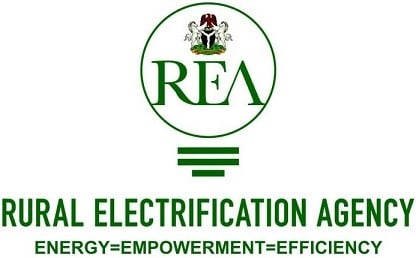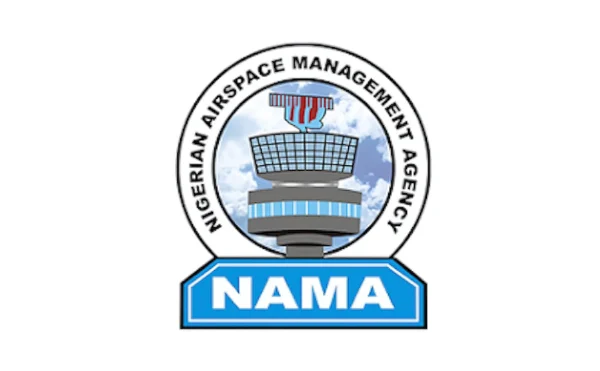The Manufacturers Association of Nigeria has criticized the Federal Government’s decision to lift a ban on the importation of 43 specific items into the country, a move previously restricted by the Central Bank of Nigeria for eight years.
These items encompass essentials such as rice, cement, margarine, palm kernel, palm oil products, vegetable oil, meat, processed meat products, vegetables, processed vegetable products, poultry, and processed poultry products, among others.
During the 37th Annual General Meeting in Asaba, Delta State’s capital,Chairman of MAN’s Edo/Delta branch, Dr. Okwara Udensi, expressed concerns about the significant repercussions of lifting the ban on these 43 items, the highlighting the substantial investments made by local manufacturers in these products.
“It seems the government is not part of this country. Why did they reverse these items? Nigerians always feel that items coming from abroad are superior.
“Companies are now closing down because of bad government policies. If the manufacturing sector is allowed to die, Nigeria is finished.
“A critical appraisal of the business environment in Delta State shows that the cost of doing business is high and the operating environment is still not conducive enough.
“The period is incredibly challenging for companies into manufacturing due to the worsening prohibitive cost of energy. As a result of epileptic power supply, most companies had to depend on the already prohibitive cost of diesel to run their factories”
Udensi appealed to the Edo State government to improve road infrastructure, particularly within the Utesi industrial estates, emphasizing the need for urgent attention from Governor Godwin Obaseki.
He urged the governor to swiftly tackle the menace of touts disguised as consultants, who harass manufacturers for revenue collection.
Assuring resolution, the Director of Technical Service at Edo Internal Revenue Service, Mr. Okoruwn Osaretiv, pledged that the state would address the highlighted concerns.
He emphasized the interconnectedness, stating that without manufacturing, production, or sales, there wouldn’t be taxable entities.
Additionally, Governor Sheriff Oborevweri, represented by Senior Policy Adviser Mr. Funkekeme Solomon, mentioned forthcoming tax incentives for companies to capitalize on the opportunities available.
“Manufacturers are facing challenges beyond what they have to deal with before.
“From access to credit, sourcing of foreign currency, unreliable public power supply, multiple taxation and, more importantly, dwindling purchasing power of consumers due to the near collapse of the Naira, manufacturers are under tremendous pressure,” he said.









